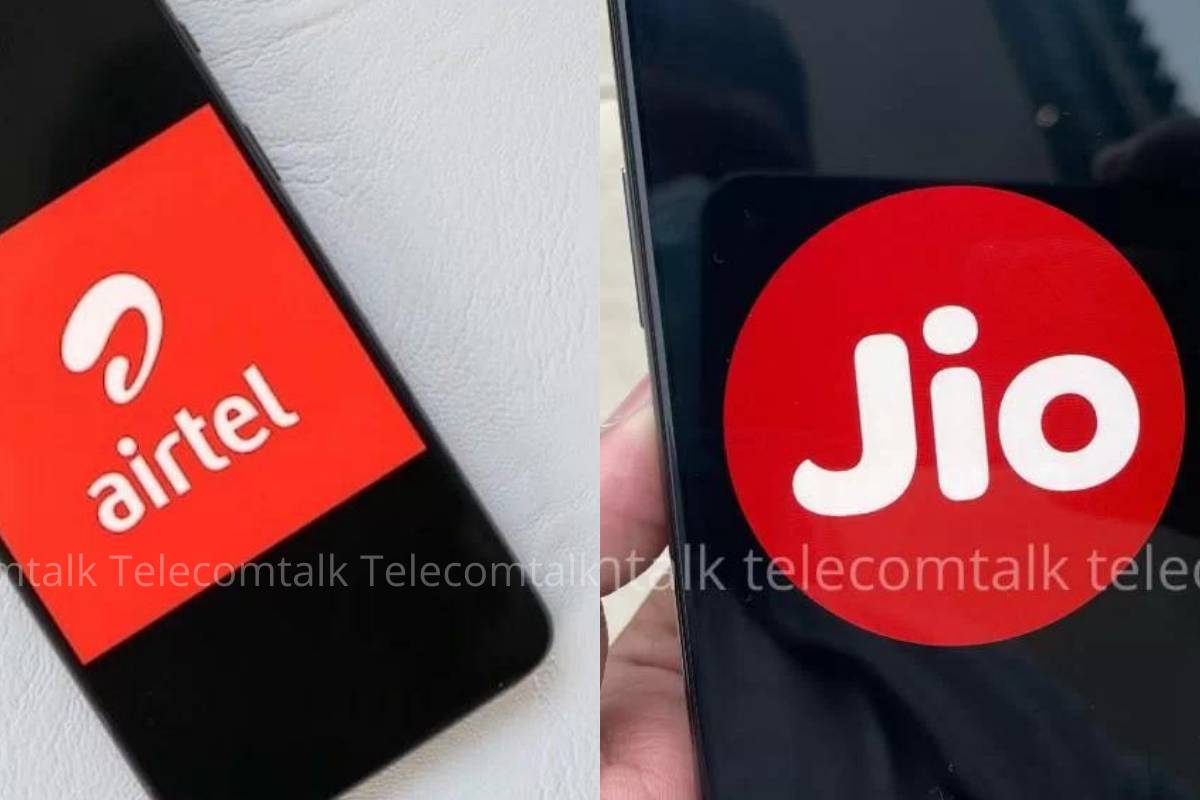
Reliance Jio backs the satellite gateway spectrum allocation through auctions, a position conflicting with its competitor Airtel and other global satellite broadband operators who want such allocation through administrative routes. Reliance Jio expressed its stand in a submission made to the Telecom Regulatory Authority of India (TRAI).
According to Reliance Jio, the allocation through transparent auction aligns with the Supreme Court’s 2012 judgment and complies with the ‘same service, same rules, same fees’ principle. Reliance added that the auction of all spectrum would ensure an equitable policy in allocating this vital national resource that is critical for inviting new investments and protecting existing large investments by telecom service providers, reported Economic Times.
Reliance Jio had earlier expressed its stand of ‘same service, same rules and same fees’ policy back in September when its president Mathew Oommen said there is no case for zero regulation and accessing free spectrum as India has spectrum constraints.
Satellite Gateway Spectrum Allocation Through Administrative Routes Aligns With Global Practices
On the other hand, Airtel had expressed its support to allocate satellite gateway spectrum through the ‘administrative routes’, which is in line with the global norms. The operator warned that the auction would cause segmentation of airwaves and reduce the efficiency of satellite broadband services to lower levels.
Airtel also suggested including a separate gateway earth station authorisation under Section 4 of the Indian Telegraph Act. Bharti Airtel backs the global low earth orbit satellite operator OneWeb.
TRAI also said that the administrations worldwide assign spectrum ‘administratively’ for earth station licence. Such airwaves are charged a fee to cover the administrative costs.
Satellite gateway is the vital infrastructure resource for offering fast internet from space in India. It controls the LEO satellite constellation and facilitates bandwidth connectivity between a satellite and the end-users internet device in India.
Elon Musk’s Starlink, Airtel-backed OneWeb, Amazon’s project Kuiper and Viasat are the significant players intending to enter the Indian market. They support Airtel’s position to allocate spectrum through administrative routes.
Starlink had asked TRAI to design frequent assignment policies to incentivise efficient utilisation of spectrum than revenue maximisation in the short-term, as focusing on revenue would add up cost at the consumers’ end. DoT had stopped Starlink from seeking pre-bookings from consumers for its internet from space services in India, citing the lack of required license.















